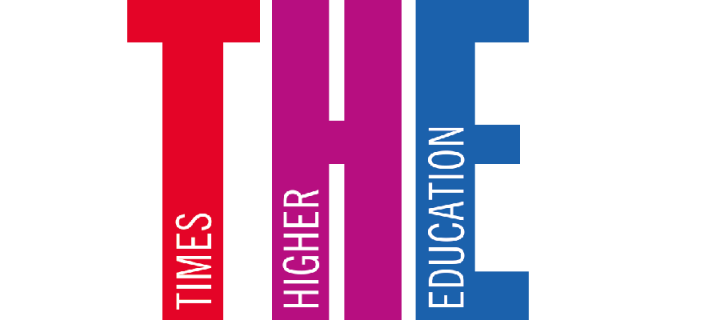The ability of the new version of ChatGPT to interpret images and “tutor” students poses new challenges and opportunities for higher education, according to experts.
With universities still scrambling to understand the impact artificial intelligence (AI) chatbots might have on assessments and research, OpenAI has released GPT-4, just 15 weeks after its previous version caused such a stir around the world.
Although full access to the technology was still restricted, it appeared to represent another “step change” in what generative AI was capable of, according to Thomas Lancaster, a senior teaching fellow in computing at Imperial College London.
In its publicity around the launch, OpenAI highlighted GPT-4’s increased ability to pass popular examinations compared with ChatGPT, claiming it scored 298 out of 400 in the bar exam and 163 in the Law School Admissions Test, compared with 213 and 149 with the previous version. The risk of students using AI to write essays or complete exams has already led to many universities banning ChatGPT on campuses.


